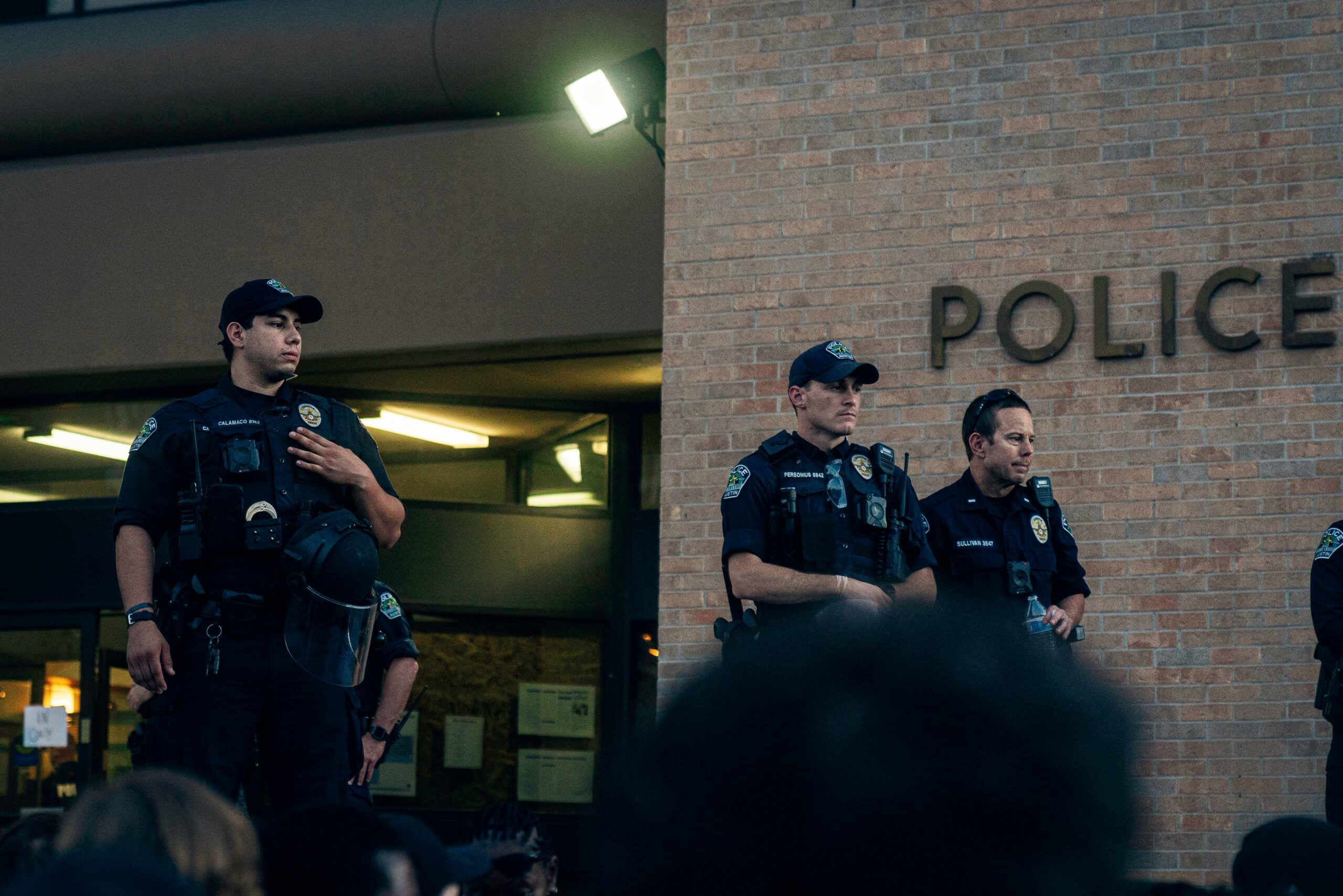
Police departments play an essential role in protecting citizens and upholding the law. Their actions shape how communities view justice, fairness, and authority. When corruption or civil rights abuses occur, public trust breaks down, making it harder for officers to serve effectively. A strong relationship between law enforcement and the public begins with transparency, honesty, and accountability.
Building trust requires effort from both officers and community members. Police departments must engage openly with residents, listen to their concerns, and show that integrity matters. This mutual understanding creates a culture of respect and safety. When people believe in their police departments, cooperation increases, and the overall quality of law enforcement improves.
Understanding the Roots of Corruption
Corruption within police departments does not begin with major crimes; it often starts with small, unethical decisions that go unchecked. Poor supervision, low morale, and a lack of consequences can create an environment where misconduct becomes normalized. Once these small acts are tolerated, they can become serious violations that harm officers and the public.
To prevent corruption, departments must identify their root causes early and take corrective measures. Creating clear policies, enforcing disciplinary standards, and promoting open communication reduces opportunities for misconduct. Officers should feel supported in doing what is right, while those who break ethical codes must face swift consequences.
Promoting Transparency and Accountability
Transparency is one of the most effective ways to reduce corruption in police departments. Officers are less likely to engage in dishonest behavior when processes, policies, and actions are visible to the public. Publicly sharing data about disciplinary actions, arrests, and complaints builds confidence and ensures that no one operates above the law.
Accountability must be consistent at every level of the organization. Leaders should hold themselves to the same ethical standards expected of officers in the field. Using technology, such as body-worn cameras and digital record systems, helps monitor interactions and ensure fairness. A department that enforces rules equally sets an example of justice that others will follow.
Building a Culture of Ethics and Integrity
A department’s culture determines how officers behave when no one is watching. If honesty and fairness are valued, officers will act ethically even in challenging situations. Leadership plays a crucial role in setting this tone. Supervisors who lead by example and make integrity-based decisions encourage others to do the same.
Creating a culture of ethics requires ongoing education and support. Regular training on moral decision-making, conflict resolution, and community engagement reminds officers of their duty to serve honorably. Rewarding ethical behavior reinforces positive conduct and shows that integrity is recognized and appreciated.
Strengthening Civil Rights Protections
Civil rights violations damage the relationship between police departments and the communities they protect. Unfair treatment, racial profiling, and excessive force destroy trust and can lead to lasting social division. Ensuring officers understand and respect constitutional rights is vital to ethical law enforcement.
Departments must invest in training that promotes equality and understanding. Programs focusing on cultural awareness, bias reduction, and empathy help officers make better decisions under pressure. Officers who respect civil rights promote justice and earn the community’s confidence.
Using Data and Technology for Ethical Policing
Modern technology offers valuable tools for preventing corruption and abuse. Data collection and analysis can reveal patterns of misconduct, allowing leaders to intervene before minor issues become major scandals. Tracking complaints, use-of-force incidents, and performance metrics ensures accountability at all levels.
Technology also increases public transparency. Publishing data on arrests, investigations, and officer conduct helps citizens understand how their police departments operate. When people see departments monitor themselves honestly, trust grows, and cooperation follows.
Strengthening Recruitment and Training
Corruption prevention starts with hiring the right people. Police departments must select candidates who demonstrate integrity, emotional intelligence, and a commitment to fairness. A strong recruitment process that includes background checks, interviews, and psychological evaluations helps identify individuals who will uphold ethical standards.
Training should not end after recruitment. Continuous education keeps officers updated on laws, ethics, and best practices. Regular workshops and scenario-based exercises prepare officers to make responsible decisions and handle challenges professionally. Consistent training builds confidence and reduces the likelihood of misconduct.
Encouraging Whistleblowers and Protecting Them
Officers who witness wrongdoing should feel safe reporting it without fear of retaliation. Whistleblowers are essential to maintaining integrity within police departments. When departments protect those who come forward, they demonstrate that honesty is valued above loyalty to corrupt behavior.
Creating confidential reporting systems and offering protection for whistleblowers helps uncover corruption early. This transparency benefits officers and the community, ensuring fairness and reinforcing ethical standards across the department.
Building Community Partnerships
Communities and police departments share the same goal: safety and peace. When both sides work together, corruption and civil rights violations decrease. Open communication, community meetings, and public involvement in decision-making create a shared sense of responsibility.
Community policing programs strengthen relationships between officers and residents. Officers who know the people they serve become more compassionate and understanding. These partnerships promote trust, reduce tension, and encourage cooperation in solving local problems.
The Path Forward
Reducing corruption and protecting civil rights requires long-term dedication from police departments and the communities they serve. Ethical leadership, strong accountability systems, and open communication form the foundation of change. When departments act with integrity, they create environments where officers and citizens feel safe and respected.
The future of law enforcement depends on trust. By committing to transparency, fairness, and community engagement, police departments can restore that trust and ensure justice for everyone. True reform happens through policy and consistent actions that honor the principles of honesty, respect, and equality.